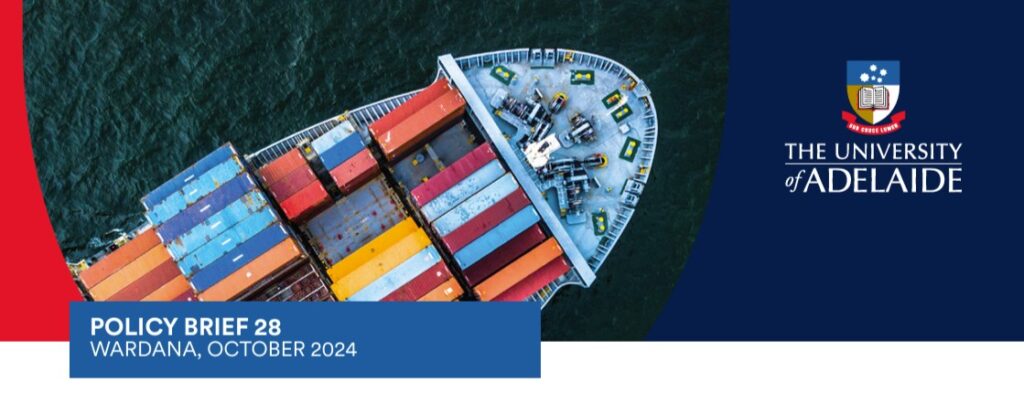
The global trade environment is marked by geopolitical shifts, fragmenting globalization. This fragmentation poses substantial implications for emerging economies in Asia and ASEAN, including Indonesia. ASEAN economies have benefited immensely from globalization over the past four to five decades, with major progress driven by integration into the global economy. However, growing geopolitical tensions, from Ukraine through the Middle East to the South and East China seas, have disrupted supply chains and spiked commodity prices. This severely impacts developing economies like Indonesia, especially through imported commodities prices such as wheat and crude oil, causing rising costs. Additionally, post-pandemic high prices caused inflationary pressures, prompting advanced economies to rapidly hike interest rates and sustain them at higher levels.01 This resulted in capital outflows from emerging markets, creating economic and budgetary pressures that require careful management, although these pressures appear to be easing as interest rates decline; however, a soft landing in developed countries and sustained macroeconomic stability remain uncertain.
These multifaceted issues define the environment in which Indonesia operates, demanding resilient and adaptive policy measures to ensure sustained progress and stability. Should President Prabowo continue with President Joko Widodo’s trade policies or tilt Indonesia in a different direction? This policy brief identifies the potential directions that the new Indonesian Government might take.
Source: Institute for International Trade, University of Adelaide
